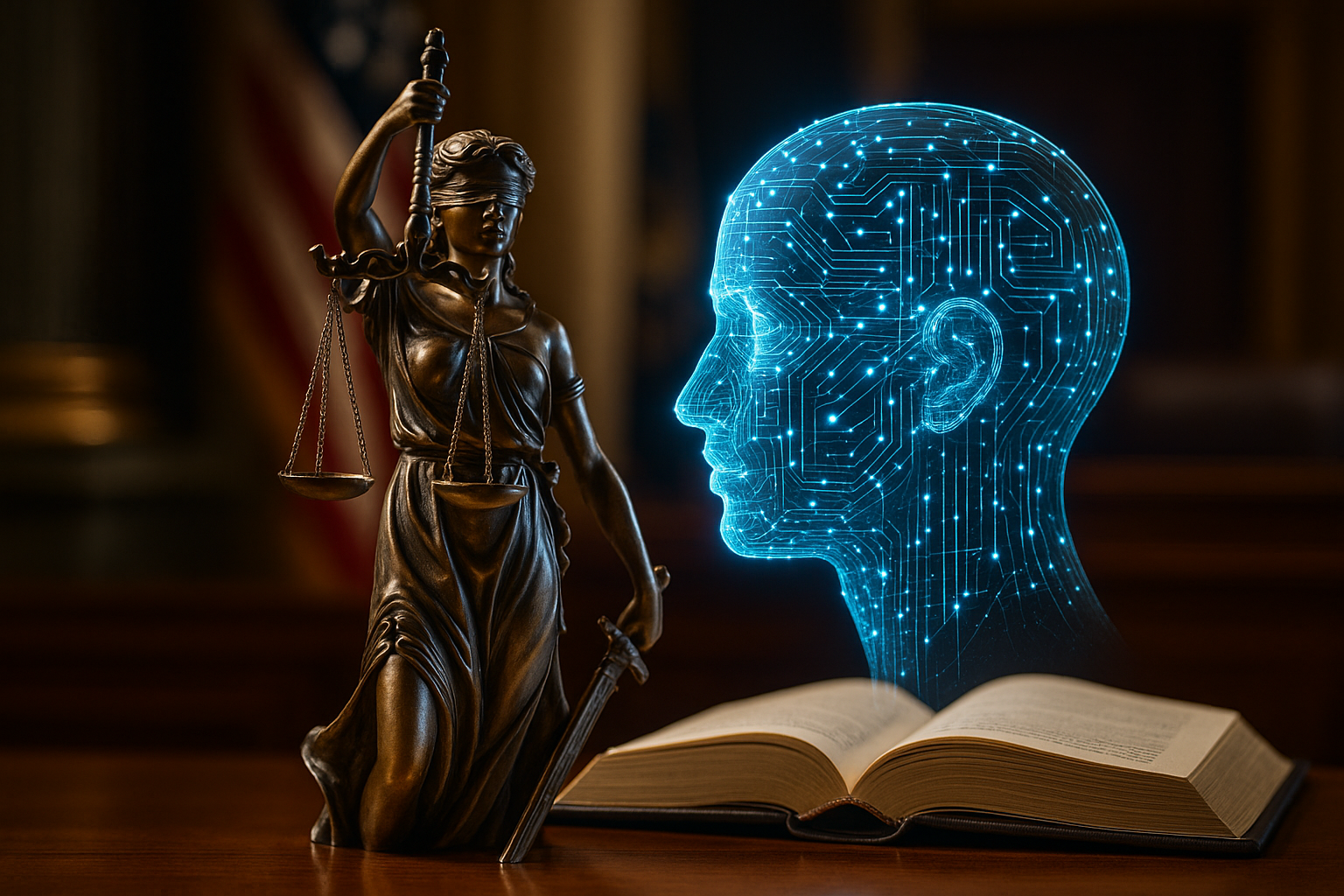Decoding the Legal Implications of Artificial Intelligence in Government Policy
Artificial Intelligence (AI) has emerged as a game-changing technology in the 21st century. With its growing influence in our daily lives and various sectors, it has become pivotal to understand its legal implications, particularly in government policy. This article seeks to dissect the legal ramifications of AI in the public sector, focusing on key legal developments, current updates, and its societal impact.

Unraveling AI’s Historical Legal Context
AI’s legal history can be traced back to the mid-20th century when it was primarily used in research and academia. The legal framework at that time was non-existent, largely due to the absence of AI in the public sphere. However, with the advent of the digital revolution, AI began to infiltrate various aspects of life, necessitating the development of a legal framework. Specifically, in the government sector, AI’s utilization in public administration and policy implementation necessitated legal considerations to ensure its ethical and fair use.
Current Legal Updates on AI in Government
Today, AI’s legal landscape in government policy is evolving at a rapid pace. Governments worldwide are grappling with the need to develop comprehensive legislation that ensures AI’s responsible use in public services, while also fostering innovation. In the US, the Algorithmic Accountability Act of 2019 was proposed to address AI’s potential risks in decision making. The EU, on the other hand, recently unveiled its draft AI regulations, aiming to create a ‘human-centric approach’ to AI. These legislative advancements signify a growing recognition of the need for legal oversight in AI deployment in the public sector.
AI in Government: The Law and its Implications
AI’s integration into government policy has far-reaching legal implications. Primarily, it poses challenges to traditional legal concepts of accountability and transparency. AI algorithms, often termed as ‘black boxes,’ can make decision-making processes opaque, raising concerns about due process rights. Furthermore, the use of AI in sensitive areas like criminal justice or social services may risk unfair or discriminatory outcomes, infringing on equality rights.
Moreover, the absence of a clear legal framework may lead to ambiguity in liability issues. For instance, who should be held responsible if an AI-driven decision leads to harm? Is it the government agency using the AI, the AI developer, or the AI itself? These legal questions necessitate a robust legal framework that balances the benefits of AI with the protection of individual rights.
The Societal Impact of AI Legislation in Government
The legal handling of AI in government policy has profound societal implications. A robust legal framework can ensure that AI is used responsibly and ethically in public services, enhancing citizens’ trust in government. It can also prevent potential misuse or abuse of AI, protecting the rights and interests of individuals. Conversely, an inadequate legal response may lead to public mistrust and social discord.
In conclusion, as AI continues to transform government policy and administration, its legal implications become increasingly critical. While current legislative efforts are a step in the right direction, there is a pressing need for a comprehensive, nuanced legal framework that addresses the complexities of AI. By striking a balance between technological advancement and legal protection, we can harness AI’s potential while safeguarding our democratic values and principles.




